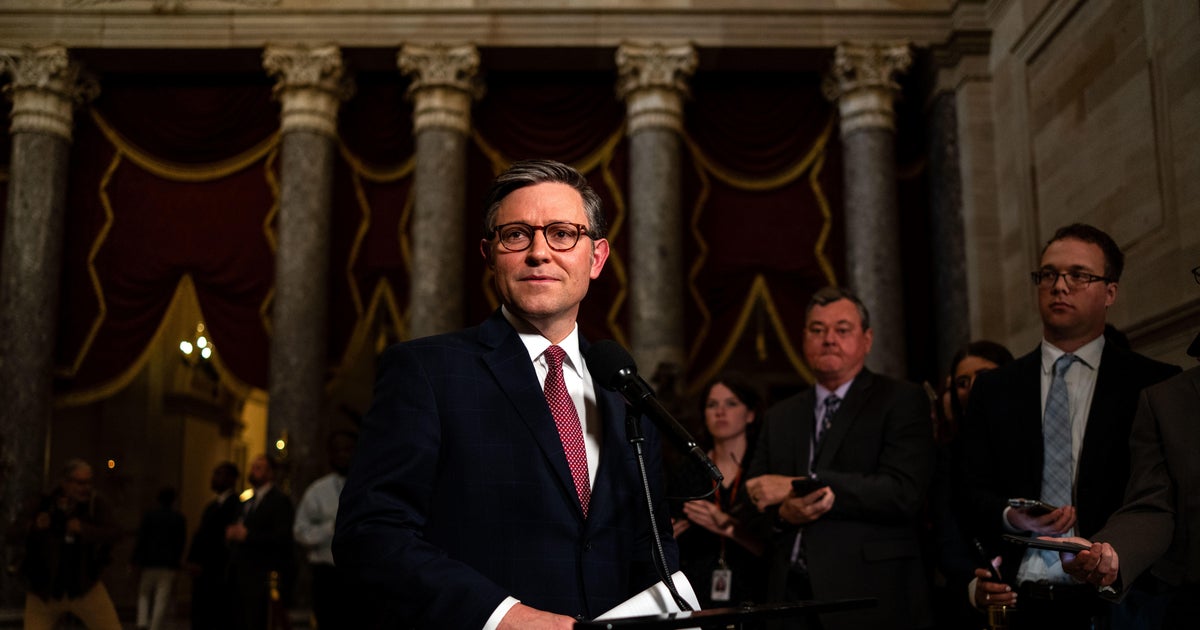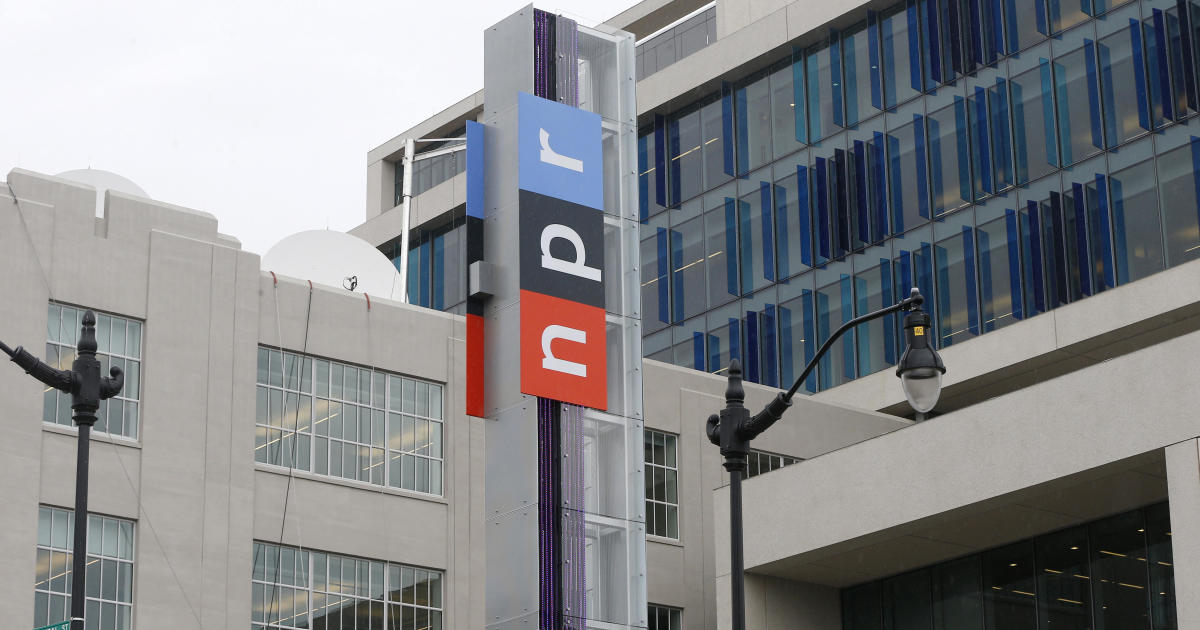Economist warns full reopening won't happen until Americans feel safe
Mohamed El-Erian, chief economic adviser for Allianz, said Sunday on "Face the Nation" that reopening businesses won't be enough to bring the American economy back to pre-pandemic levels. According to El-Erian, what matters most is that people feel safe engaging in the economy.
"There's a difference between ability to work — reopening the economy, and willingness to work — willing to go in and engage in the economy," El-Erian explained. "And until you improve both the ability and willingness, we're not going to get back to where we were."
According to El-Erian, the difference between ability and willingness is known as "counterparty risk," but is more commonly referred to as "trust."
"In order for us to engage in economic activity, I have to trust that you're healthy, you have to trust that I'm healthy," he said. "And, until we have a clear way of doing that, people are going to pull back."
President Trump in August signed an executive order and three memoranda meant to provide economic aid to those struggling during the coronavirus pandemic, with additional benefits for the unemployed and tax cuts for workers. The executive actions are intended to bypass Congress, which has been deadlocked in negotiations to extend relief.
Democrats have proposed relief of $3.4 trillion, and the Republicans have proposed $1 trillion. Pelosi said Friday that she had proposed a compromise, offering to cut the bill by $1 trillion if Republicans added $1 trillion, but the offer was rejected.
According to CBS News' Battleground Tracker, the country is divided on the economy along party lines. Only Democrats believe the economy cannot recover until COVID is under control, while Republicans overwhelmingly disagree and independents marginally do.
According to El-Erian, recent economic gains may be fueling optimism, but actually paint an incomplete picture.
"If you look just at the numbers we got on Friday you would be optimistic. We got a really sharp reduction in the unemployment rate. We created 1.4 million new jobs. More people came into the labor force. But if you pull back… things look a little less good," he said.
"Why? One is the rate of improvement is declining, and two is that we're trying to come out of a very deep hole… we have almost 30 million people who depend on unemployment benefits," El-Erian said. "So it's a half full, half empty picture. And that's a problem because of the stalemate on Capitol Hill. So unfortunately, these numbers simply tell you we are still having a long road ahead."
More than 29 million people are currently collecting unemployment benefits. Meanwhile, during the first three months of the pandemic, the net worth of the more than 600 billionaires in the U.S. grew by about 20%.
El-Erian said there are policies that lawmakers could utilize to accelerate the "long road ahead," but the political system has slowed it down. He recommended that the government devise a multifaceted policy that takes the challenges of COVID-19 into account.
"I would embark on a four-pronged strategy," he said. "One is relief, and we've heard a lot about it, just helping people who are suffering for no reason of their own. Two is living better with COVID… Three is capturing what are long-term pressures on growth. We are seeing much more industrial concentration. We are seeing much more de-globalization. And finally, reducing household economic insecurity. People have suffered. They've dug into their savings. They're not going to be as willing to spend in the future unless you give them more of a safety net."
"We can do this... it's a matter of political implementation."



